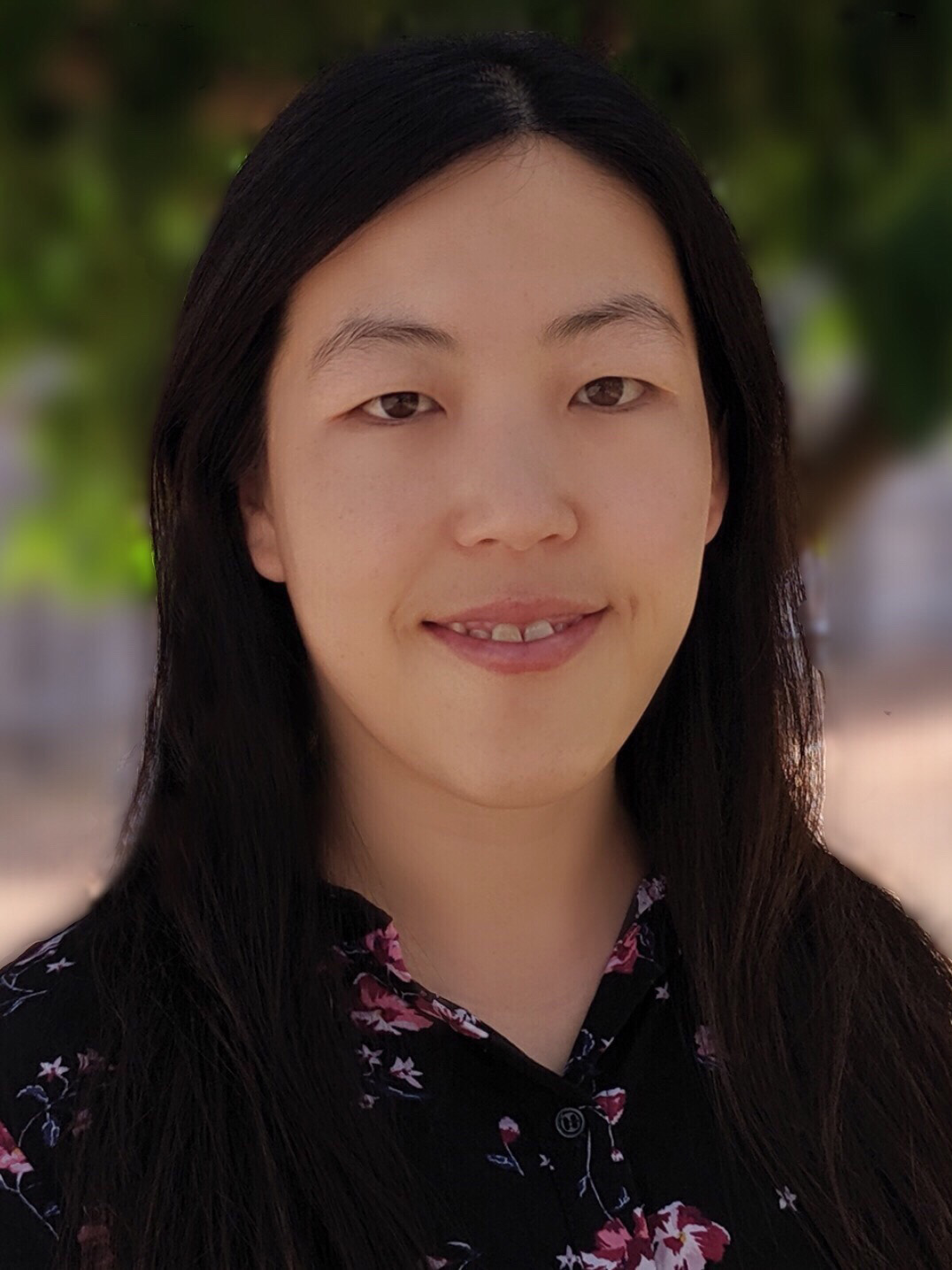
JULY 16, 2025 — The National Science Foundation has awarded Mimi Xie, assistant professor of computer science, the prestigious Faculty Early Career Development Program (CAREER) award. Xie will use the $553,000 award to propel the future of intelligent battery-less technology.
Due to rapid advancements in ambient energy harvesting, artificial intelligence and low-powered electronic, battery-less technology has been gaining momentum in recent years.
The global market for battery-less sensors is projected to reach 4 billion by 2033, driven by an increased demand for low-maintenance sensor technology available in a small form factor, according to Verified Market Reports, a global business market research and consulting firm that provides insights across over 22 industries.
 Mimi Xie
Mimi XieXie’s research, titled “Holistic Cross-layer Solution Towards Instant, Adaptive, and Evolving Intelligence for Battery-less Systems,” will be funded for the next five years.
“By addressing challenges in energy efficiency, data processing latency and real-time decision-making, this project will enable robust, intelligent operation in highly resource-constrained environments, contributing to the next-generation of embedded AI systems,” said Xie.
Her expertise interfaces with microdevices, artificial intelligence and energy-efficient computing.
The project aims to transform how small smart devices operate in environments with limited access to electricity by utilizing self-powered computing systems that run entirely on energy harvested from the environment, such as solar, thermal and other ambient sources.
The research has broad applications across a range of industries including healthcare, agriculture, environmental monitoring, disaster response and other sectors where efficient and reliable devices can address the unique challenges of energy-constrained environments.
“In the next five to 10 years, battery-less energy harvesting technology has the potential to transform everyday life by enabling a new class of maintenance-free, intelligent and sustainable devices that operate without needing batteries or manual charging,” Xie said. “The ultimate goal is to create autonomous AI-enabled systems that can sense, learn and act continuously — without ever needing a battery.”
The project also is focused on enhancing computer science education at UTSA, and the supported students will gain hands-on experience in hardware software co-design, machine learning and system integration.
Xie plans to integrate the research into her courses to prepare the next generation of computer science professionals who will address the increased demand for this emerging technology.
The project aligns with the broader goals of the new UTSA College of AI, Cyber and Computing, launching in fall 2025. The new college will integrate disciplines in artificial intelligence, cybersecurity, computing, and data science across four specialized departments, fostering collaboration and innovation.
With an anticipated enrollment of over 5,000 students, the College of AI, Cyber and Computing will offer cutting-edge academic programs designed to meet workforce demands, strengthening UTSA’s leadership in emerging technologies.
UTSA Today is produced by University Communications and Marketing, the official news source of The University of Texas at San Antonio. Send your feedback to news@utsa.edu. Keep up-to-date on UTSA news by visiting UTSA Today. Connect with UTSA online at Facebook, Twitter, Youtube and Instagram.
Enjoy snacks while connecting with Adobe reps and student ambassadors. Download or log into the Adobe Express app to snag swag and unlock exclusive back-to-school templates. It’s a fun, fast way to get creative and start the school year with bold moves.
Central Plaza, Main CampusCelebrate the merger of UTSA and UT Health San Antonio with a pop-up featuring free t-shirts, exclusive swag, and interactive photo opportunities. Open to all students, faculty and staff. Supplies are limited!
Sombrilla Plaza, Main CampusHuddle Against Hunger is a fundraising competition with Texas State that benefits our Roadrunner Pantry. Donations this week will help UTSA earn additional prize monies provided by RBFCU.
In-Person and VirtualJoin UTSA Libraries for an update on federal public access policies and how the library can assist with compliance.
Virtual EventWe invite you to join us for Birds Up! Downtown, an exciting welcome back event designed to connect students with the different departments at the Downtown Campus. Students will have the opportunity to learn about some of the departments on campus, gain access to different resources, and collect some giveaways!
Bill Miller PlazaThere are many citation managers. Which one is right for you? This workshop will explain what a citation manager is and how it can help you organize your citations, insert citations as you write your paper, and generate your bibliography.
Virtual EventPubMed is an essential database for anyone conducting biomedical or health-related research. This workshop will teach attendees how to effectively navigate this free resource and locate peer-reviewed articles using advanced search features, MeSH subject headings, and Boolean operators.
Virtual EventThe University of Texas at San Antonio is dedicated to the advancement of knowledge through research and discovery, teaching and learning, community engagement and public service. As an institution of access and excellence, UTSA embraces multicultural traditions and serves as a center for intellectual and creative resources as well as a catalyst for socioeconomic development and the commercialization of intellectual property - for Texas, the nation and the world.
To be a premier public research university, providing access to educational excellence and preparing citizen leaders for the global environment.
We encourage an environment of dialogue and discovery, where integrity, excellence, respect, collaboration and innovation are fostered.